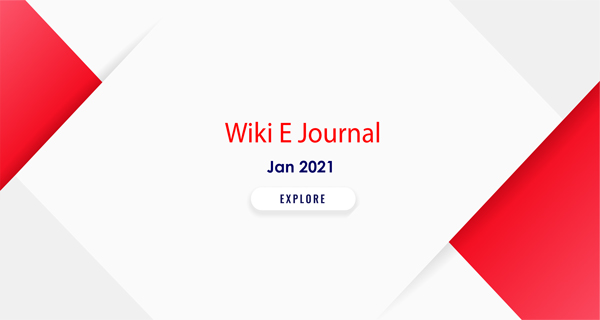The concept of transfer pricing was introduced in the IT Act through Finance Act 2001 in order to make sure that appropriate amount of income is subject to tax in India and to curb the practice of tax avoidance. The Honourable Finance Minister in his budget speech for the year 2001 has stated as under:
- The presence of multinational enterprises in India and their ability to allocate profits in different jurisdictions by controlling prices in intra-group transactions has made the issue of transfer pricing a matter of serious concern. I had set up an Expert Group in November 1999 to examine the issues relating to transfer pricing. Their report has been received, proposing a detailed structure for transfer pricing legislation. Necessary legislative changes are being made in the Finance Bill based on these recommendation[1]








